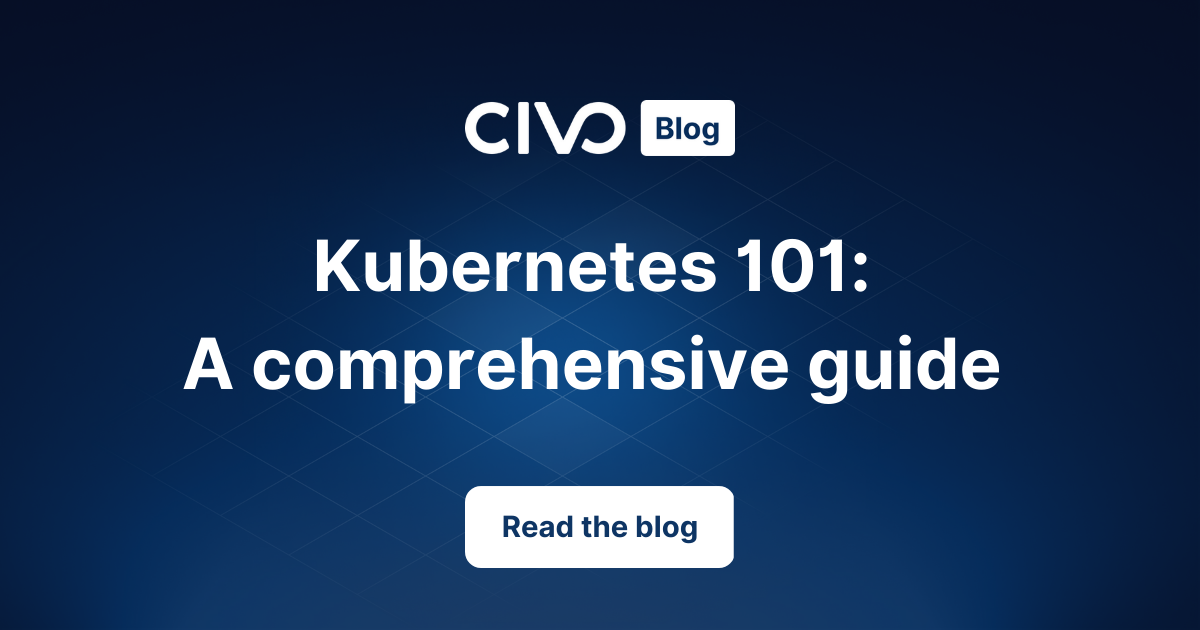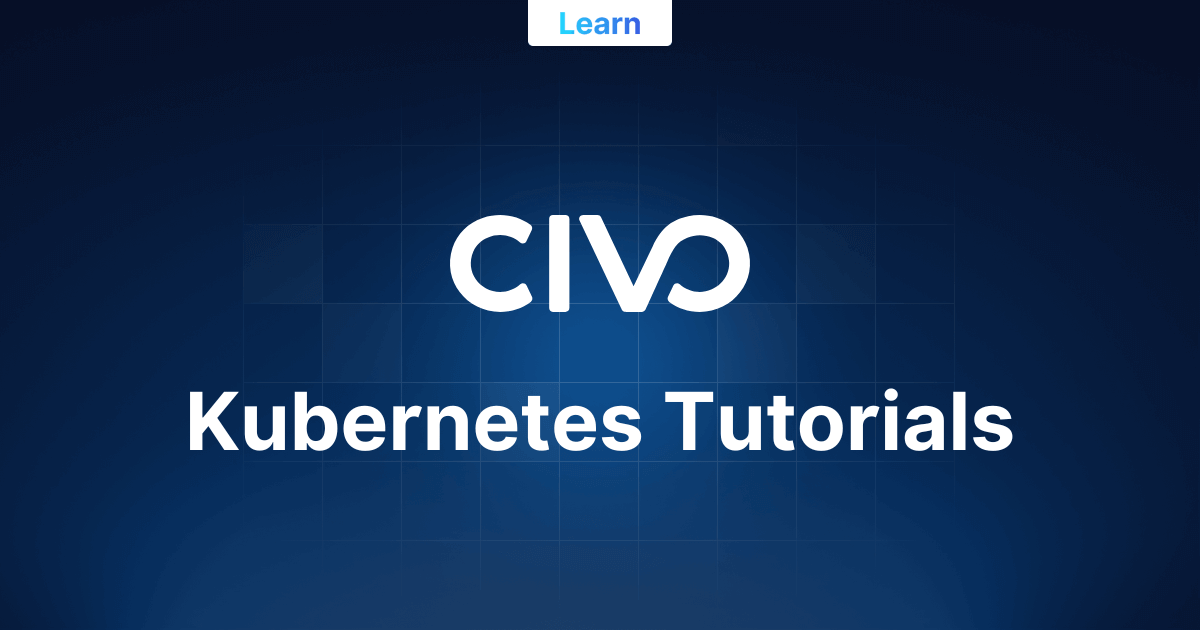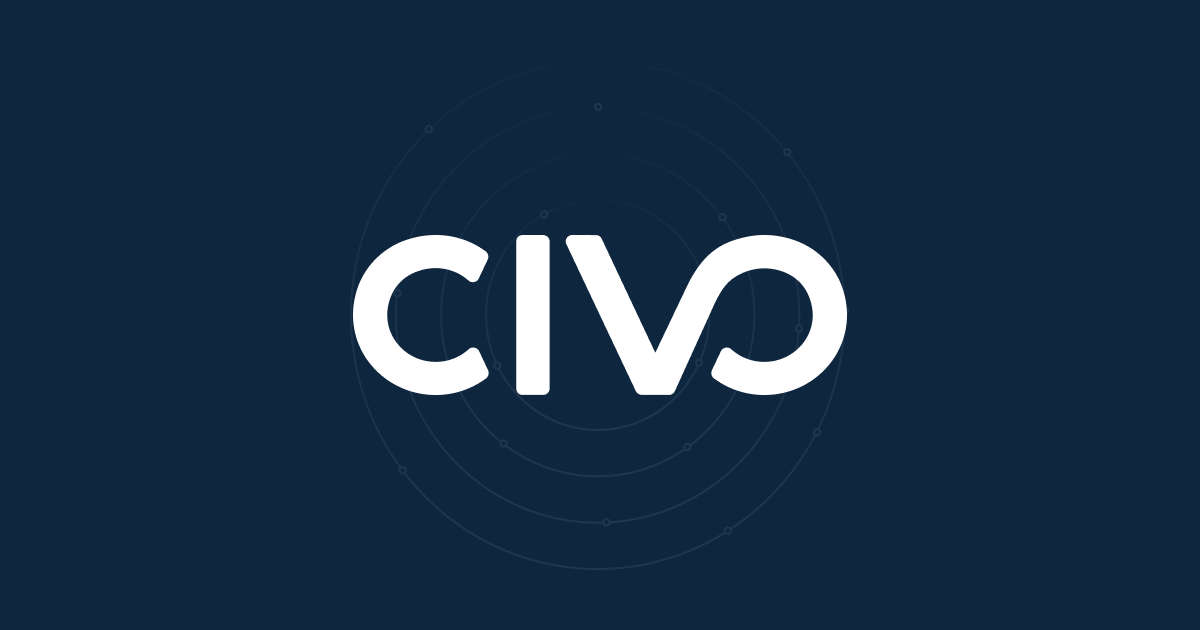What is container orchestration and Kubernetes?
Civo Academy - What is Container Orchestration and Kubernetes?
Description
Explore container orchestration, its importance in managing modern applications, and how Kubernetes fits into this landscape. Learn how Civo leverages these technologies for efficient application deployment.
Container orchestration is a crucial aspect of managing applications today. With the advent of microservices and the need for scalable, reliable, and efficient application deployment, container orchestration has become a necessity. This lesson explores container orchestration, its characteristics, and how Kubernetes, a leading container orchestration tool, fits into this landscape. We'll also delve into how Civo, a cloud-native infrastructure provider, leverages these technologies.
Understanding Container Orchestration
Running a few containers is manageable, but when it comes to production-ready scenarios where thousands of containers are involved, manual management is not feasible. This is where container orchestration comes into play. A container orchestrator should be capable of creating, managing, and monitoring thousands of containers. It should also handle container networking, scaling based on workloads, and self-healing containers if issues arise. These are the fundamental characteristics of container orchestration.
Kubernetes as a Container Orchestrator
Kubernetes, often referred to as K8s, is a leading open-source system for automating deployment, scaling, and management of containerized applications. Born at Google, Kubernetes shares the same DNA as BORG and OMEGA, Google's previous systems and solutions. With its extensibility and strong community support, Kubernetes has become a de facto standard for running containers in a production-ready environment.
Extensibility and Community Support
One of the standout features of Kubernetes is its extensibility. Users can extend Kubernetes in various ways, developing different components, creating their own Kubernetes objects, and more. Moreover, Kubernetes boasts a community of over 100,000 members, providing robust support that drives the project towards excellent stability for running containers in production.
Conclusion
Container orchestration is a vital aspect of modern application management, and Kubernetes has established itself as a leading tool in this domain. With its extensibility and strong community support, Kubernetes offers a powerful solution for managing containers in production environments.
These may also be of interest

Kubernetes 101: A comprehensive guide
Learn all about Kubernetes, including its features, benefits, and advanced topics such as networking, storage, security, and operators.

Guides for kubernetes
Learn to orchestrate and manage large-scale containerized applications with our in-depth Kubernetes tutorials. Gain practical experience for success!

Creating a Kubernetes cluster
Create and customize your Kubernetes cluster on Civo. Select region, name, size, network, firewall, and more. Click for Civo Dashboard, CLI, or Terraform guides.
